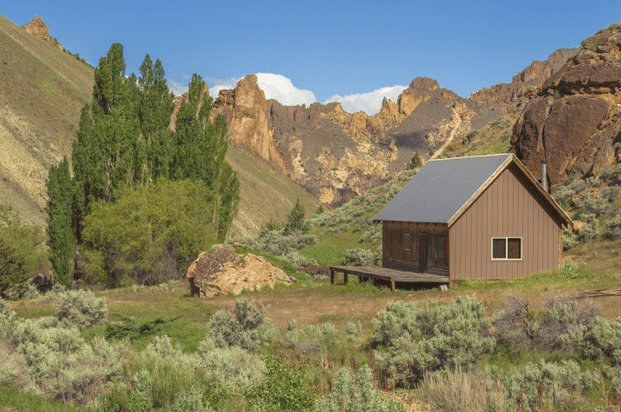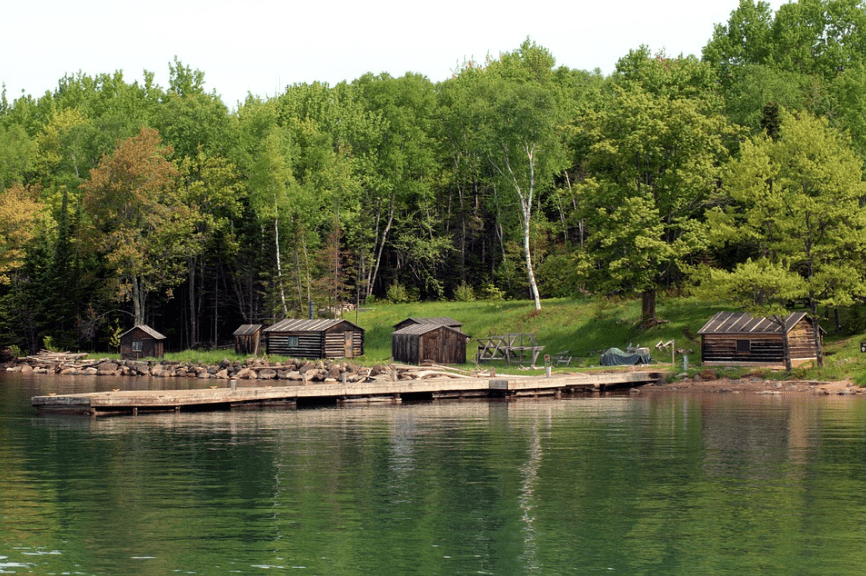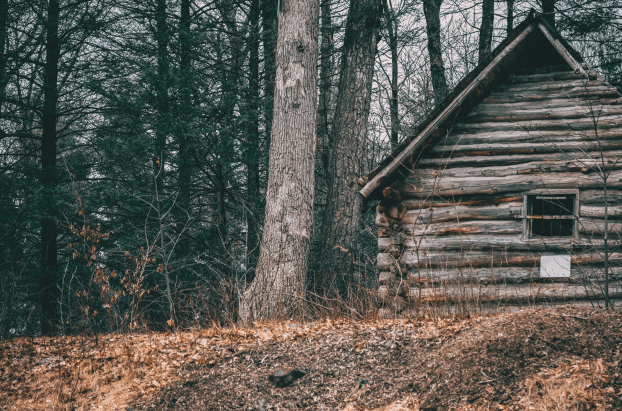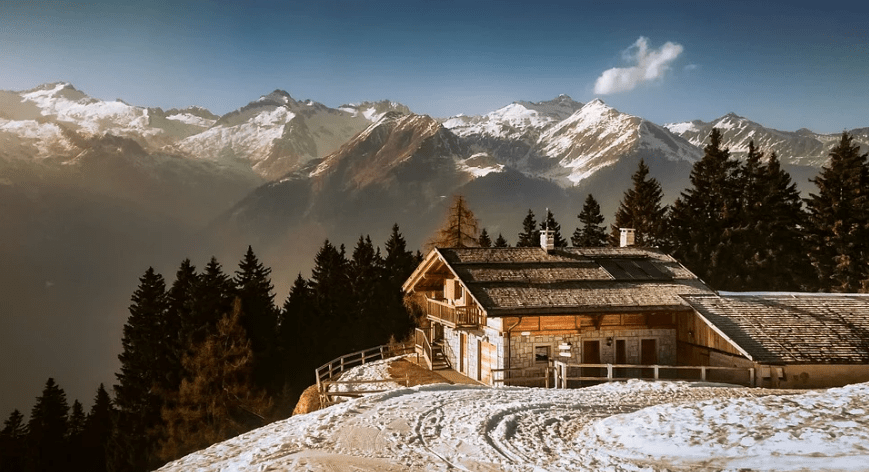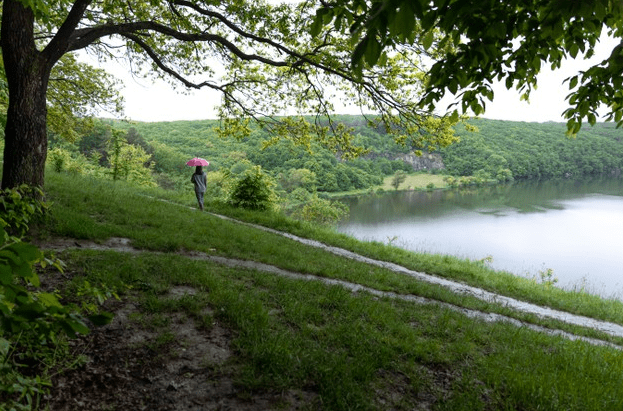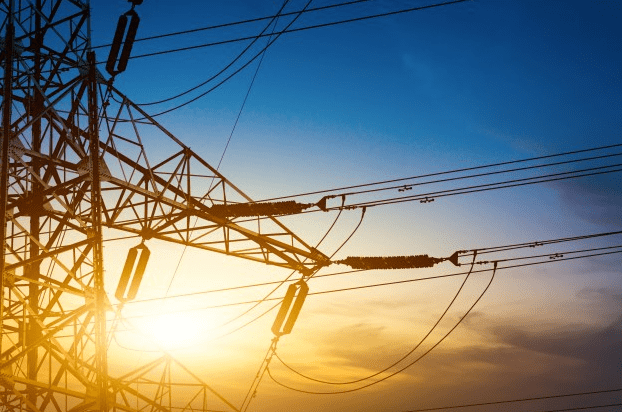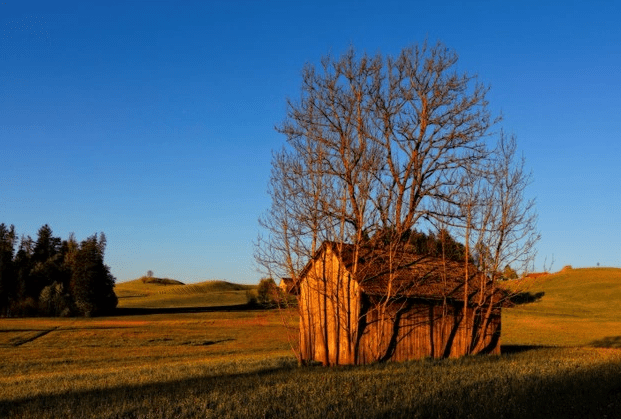Living off the grid has taken an upward trend in many countries, including America. While the idea may seem challenging, many people now want to turn away from urban life. This idea, mainly romanticized from action movies, picked up because of the social inequality and pollution people in the U.S may face.
Living off the grid helps one self-reliant and live a peaceful life. Furthermore, there are much more resources to help you get started than ever before. If you feel compelled by the lifestyle, here’s an ultimate guide on living off the grid in America!
What is Living Off The Grid?
Living off the grid means becoming independent of public utilities. Off-grid homes are self-sustainable with their systems for sewage, water, electricity, and even food sometimes.
Today, there are many variants of living off the grid. The main ones include:
- Roughing, it. It means going off the complete grid. You do not use a public or governmental supply of water, gas, electricity, or septic. In this, you will probably need a dry cabin. The location must have a nearby river or rainwater catchment for water needs. You will need to use natural lighting or solar panels with composting systems for sewage. People adopting this variant grow their food as well.
- Half on/ half off the grid. This one is a balance between both on and off-grid lifestyles. You rely on public systems for ease but not all of them. For instance, you may be using sewage system connections but getting water from the nearby river. Many people prefer this variant.
- Modern off-grid lifestyle. It allows one to use technology and still be self-reliant. Although it is more expensive than the other two, it saves costs in the long run against a modern city lifestyle.
Things to Consider Before Your off-grid Journey
Living off-grid is no easy feat. In all honesty, coming from the comfort of a technology-reliant life where most of our necessities are met in luxury, living alone is a daunting task, obviously with its own merits and benefits.
Below are a few points to consider:
1. Residency: Your Housing and Land
The first step is to choose a piece of land you would want to settle in. Getting this piece of land depends on your style, preference, and your resources. You may want to buy private land and fancy a luxurious space if you want it just for the holidays. Or you may be a DIY kind of person building a cabin on your family farm.
However, you cannot go and build a cabin wherever you like. Most states require you to take a permit or some sort of license to live off-grid.
While considering residency, you’d like to make sure to include the following points:
- Taxes: Agricultural land does not have taxes as high as residential plots. However, it is a larger piece of land and maybe a waste for a residential area. It is better to consult a real estate agent or someone with taxing knowledge to get suitable land.
- Zoning: Cities divide into several zones for better administration. For instance, we have commercial, residential, agricultural, and industrial zones. If you have agricultural land, you can apply for rezoning with your local county to get your taxes lowered. You need to provide a good reason, such as micro-farming or building a garden of sorts. Depending on your location and city planning department, rezoning may be a good option for fewer taxes.
- Climate: Since you will live on your own and luxuries like gas or electric heaters and air-conditioning will not be available, choose an area with a moderate climate.
- Land pricing: You do not want to spend extra as living off the grid is about saving.
- State: Contrary to popular belief, it is not illegal to live off-grid. Many states encourage it-provided you follow their laws! For example, the state of Ohio is off-grid friendly and provides land on low taxes, low land pricing, and low living costs. The weather in Hawaii is quite reasonable. Depending on your preference, you can research and look up a state.
Do check our guide on whether you should build or buy a home!
2. Water Supply
The next step in your journey is finding a sustainable source of water. It is going to be an issue if you have no natural springs in your designated off-grid land. Your land may not be approved if you do not have a water source. If you plan to live near the city, you can connect it to public water pipes. Other methods can include digging a well, collecting rainwater, and constructing swales. Living an independent life comes at the cost of being efficient, or else you will run out of your monthly water storage. If you are growing your food, you may want to look into hydroponics as it is the most efficient method of agriculture.
3. Food For Sustenance
The land you choose should have a place nearby to grow food if you are looking to settle permanently. We recommend practicing in your backyard to help you go off of your harvest. If you live in an off-grid wheeler, you may stop at any local farm to get your groceries. An ideal housing place is near a farm if you like both food and some good company!
However, if you are going to be alone, plant trees or bushes that provide food for most of the year, such as berries and nuts. You can also mix up with buying some food from a grocery shop nearby and grow some on your own. You can even sell the surplus for money.
4. Electricity Supply or Alternatives
Would solar panels be enough for you? How do they work? What are your options if it rains or is cloudy? How much electricity do you expect to use? Study your current use and find alternatives. Most Americans living off-grid use solar energy and sometimes even sell surplus electricity to the local power network. If you live in a windy area, you can install some wind turbines to help you enjoy some Netflix at night. You could also look into getting a generator as an emergency plan, companies like https://generatorexperts.ca/ will be able to answer any questions about the type you should get.
5. A Disposing System for Waste
You need to have a proper system for waste disposal. It is illegal to dump it anywhere as it harms the environment. If you have access, connect to your town’s sewage pipes. If not, alternates like septic tanks or composting toilets are available. Be sure to have your system approved by the local authorities for your and environmental safety.
The Bottomline
While disconnecting from the world may bring you freedom and peace, it comes at a cost. Technology has made it easier, but you always need to be prepared for any unexpected circumstance. Have a solar power bank and a generator just in case. Join online communities of people living off-grid for support. Don’t forget emergency funds and work those core muscles for physical strength.
Make sure you are on top of your research game!

